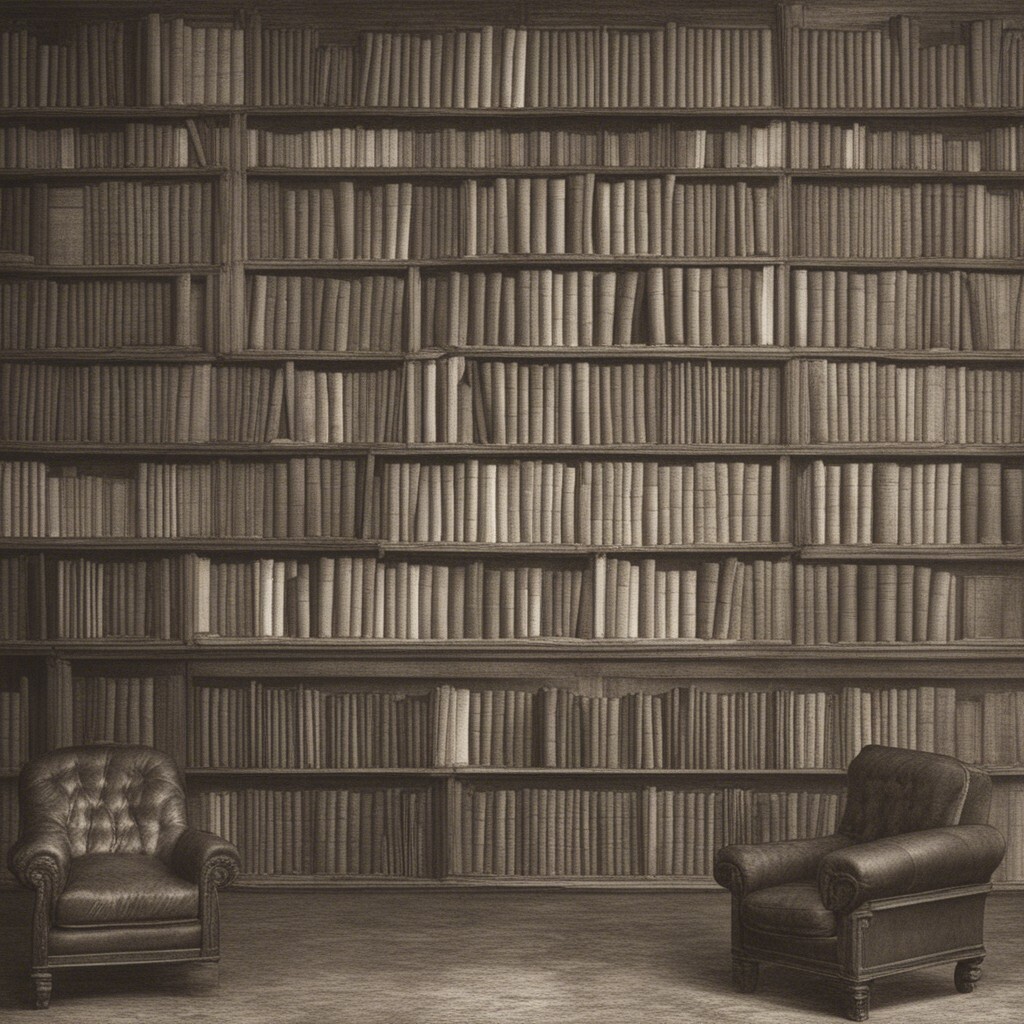
Apple’s iPad goes on sale, and many see this as a Gutenberg moment, with digital multimedia moving one step closer toward replacing old-fashioned books.
Speaking as an author and editor of illustrated nonfiction, I agree that important change is afoot, but not in the way most people see it. In order for electronic books to live up to their billing, we have to fix a system that is broken: getting permission to use copyrighted material in new work. Either we change the way we deal with copyrights — or works of nonfiction in a multimedia world will become ever more dull and disappointing.
The hope of nonfiction is to connect readers to something outside the book: the past, a discovery, a social issue. To do this, authors need to draw on pre-existing words and images.
Unless we nonfiction writers are lucky and hit a public-domain mother lode, we have to pay for the right to use just about anything — from a single line of a song to any part of a poem; from the vast archives of the world’s art (now managed by gimlet-eyed venture capitalists) to the historical images that serve as profit centers for museums and academic libraries.
The amount we pay depends on where and how the material is used. In fact, the very first question a rights holder asks is “What are you going to do with my baby?” Which countries do you plan to sell in? What languages? Over what period of time? How large will the image be in your book?
Given that permission costs are already out of control for old-fashioned print, it’s fair to expect that they will rise even higher with e-books. After all, digital books will be in print forever (we assume); they can be downloaded, copied, shared and maybe even translated. We’ve all heard about the multimedia potential of the iPad, but how much will writers be charged for film clips and audio? Rights holders will demand a hefty premium for use in digital books — if they make their materials available in that format at all.
Seeing the clouds on the horizon, publishers painstakingly remove photos and even text extracts from print books as they are converted to e-books. So instead of providing a dazzling future, the e-world is forcing nonfiction to become drier, blander and denser.







